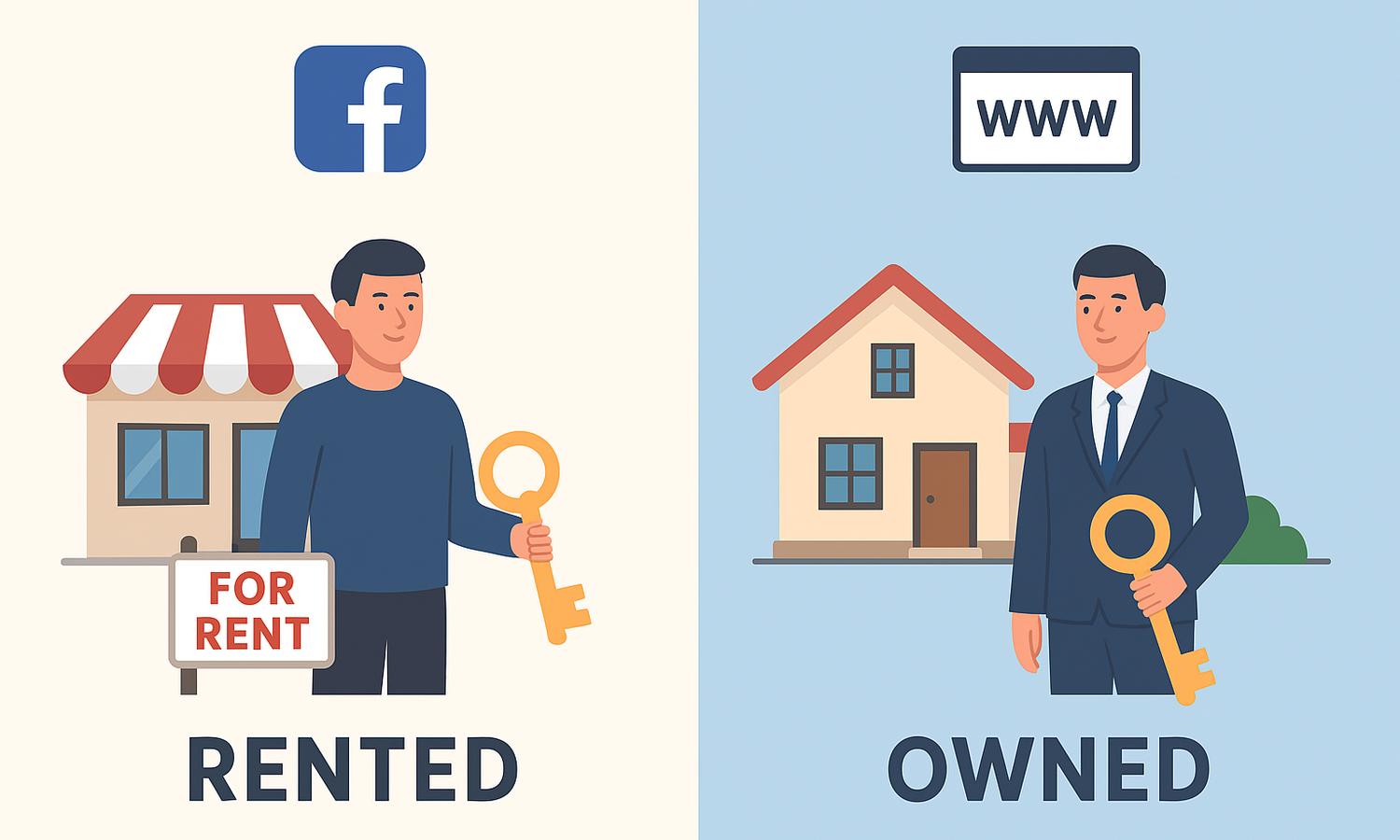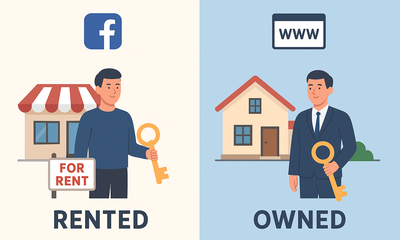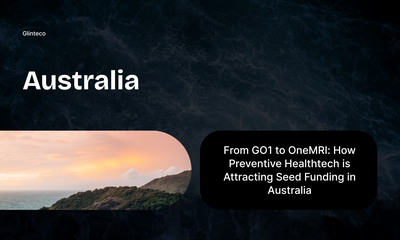You might think you own SOCIAL MEDIA, but you’re really renting the space
By antt, at: Sept. 23, 2025, 6 a.m.
Estimated Reading Time: __READING_TIME__ minutes


As a business owner, you always want to be proactive in everything, to have control over everything. But on social media, you are doing business in someone else's house, with the rules they set. And when the rules change, you have no choice but to accept. On social media, you're largely at the mercy of the platform.
1. Dependence on external platforms (platform risk)
This is not your home, and the landlord can change the rules at any time.
Small businesses often think: “My customers are all on Facebook/Instagram, so just being there is enough.” But in reality, everything your brand does on social media depends on a platform that you have no control over. Algorithms can change overnight, policies can be tightened at any time. The consequences: reach drops, posts are no longer shown to regular customers, and accounts are even locked for no apparent reason. The entire effort of building a community is like “borrowing someone else’s house to do business”.
2. Risk of losing credibility / reputation risk
On social networks, your brand is not defined by you, but by the crowd.
Social networks tend to follow the majority view, and public opinion can shift rapidly. This makes it difficult for businesses to control their message: if the story your business wants to tell does not match what the crowd is supporting, sales and brand building will be hindered. A website helps you shape and protect your brand rather than being swept away by public opinion.
3. Lack of trust (trust deficit)
In the eyes of customers, a website is the official seal that social networks cannot replace.
A website is often seen as the official address of a business. Without a website, small businesses are easily seen as unprofessional or even untrustworthy. A Facebook page is quick to set up. A professional website, however, requires more investment and signals credibility.
4. Limit visibility in search (SEO problem)
If your business doesn't have a website, the customer journey on Google will stop before reaching you.
When customers type a search on Google, the results returned often prioritize websites, not posts on social networks. That means if you only have a Facebook page, your brand will likely be “invisible” to new customers. Meanwhile, a website can be optimised for search, helping the brand appear sustainably when customers find the right product/service. This is especially important for small businesses: if you don’t have a website, you will be overlooked right from the first step in the customer journey.
5. Risks of Social Network Outage
If your brand only has social networks, when they are off, your business voice will immediately be silent.
You have thousands of followers, everything is going smoothly. Suddenly one day you wake up and find that everything has disappeared. Customers cannot contact you, order information has been completely deleted, and your business have no other way to contact customers. History has witnessed Facebook and Instagram “crashing” for hours worldwide. For users, it is just an inconvenience; but for small businesses that rely on this sole channel, it is a complete business shutdown. Without a website, you put your entire business at risk of disruption without being able to do anything.
6. Social media creates negative habits for users (reduces interaction quality)
You want customers to read carefully, but social media only teaches them to skim.
Businesses always want a professional space where messages are not interrupted, customers can find full information before deciding. Create deeper experiences for customers, create trust and better conversion rates. Meanwhile, social media is designed to maximize browsing time like notifications, likes, shares, short videos... make users accustomed to quickly consume, skim and forget. This means that customers rarely spend time reading carefully the introduction, learning about the service or viewing detailed information that the business wants to provide them.
7. Short-term vs. long-term
A brand cannot grow from ephemeral posts.
Social media is like a sidewalk cafe: Visits come and go quickly, but also go quickly, few people remember, and it is very easy to replace when another shop opens. On social media, content appears quickly and disappears just as quickly. A post today may have a lot of interactions, but just a few days later, almost no one can find it. This makes it difficult for businesses to build a stable source of information for customers to return. Websites solve that weakness: content is stored for a long time, arranged systematically, and always easy to find. This is the platform that helps businesses maintain a sustainable presence and support long-term brand building.
Relying on social media, your business is always in a rented place and you are always in a passive position. Social networks help you have visitors, but to truly master the sales channel and maintain a sustainable brand, you need a platform that belongs to your business. A website is the first step to making that happen.





